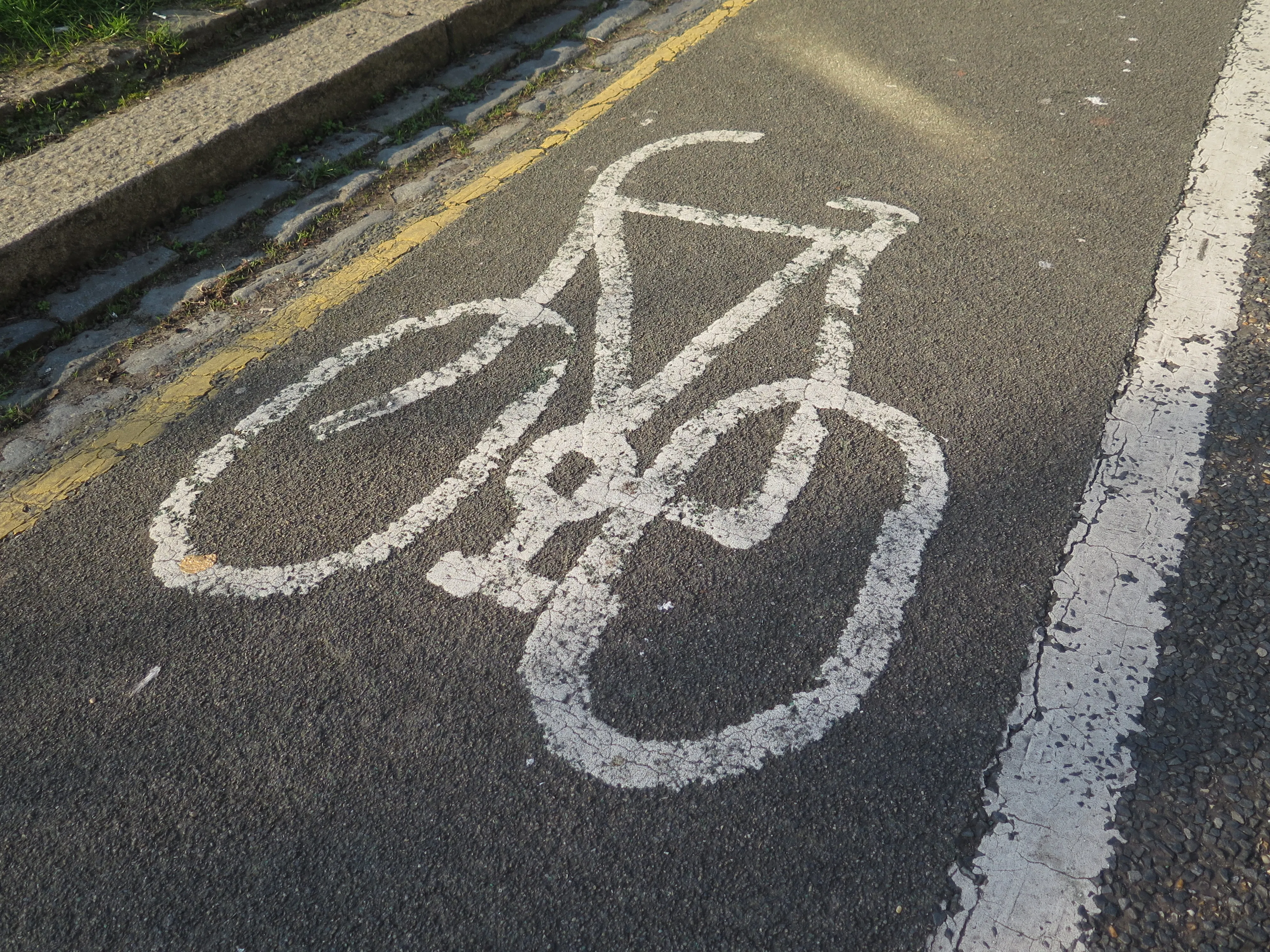The UK Department for Transport has announced a funding competition which will provide up to US$602,500 (£470,000) for innovative projects that lead to more walking and cycling. Proposals will tackle current barriers and encourage more journey stages to be made by bicycle or on foot. Innovations may include, for example, technology, infrastructure, manufacturing or behavioural change. The competition is open to individuals, groups and organisations. It is particularly suitable for early-stage, small and med
April 26, 2017
Read time: 1 min
The UK 1837 Department for Transport has announced a funding competition which will provide up to US$602,500 (£470,000) for innovative projects that lead to more walking and cycling.
Proposals will tackle current barriers and encourage more journey stages to be made by bicycle or on foot. Innovations may include, for example, technology, infrastructure, manufacturing or behavioural change.
The competition is open to individuals, groups and organisations. It is particularly suitable for early-stage, small and medium-sized enterprises (SMEs). Industry partners such as local government, independent and third sectors can carry out the project on their own or with others.









